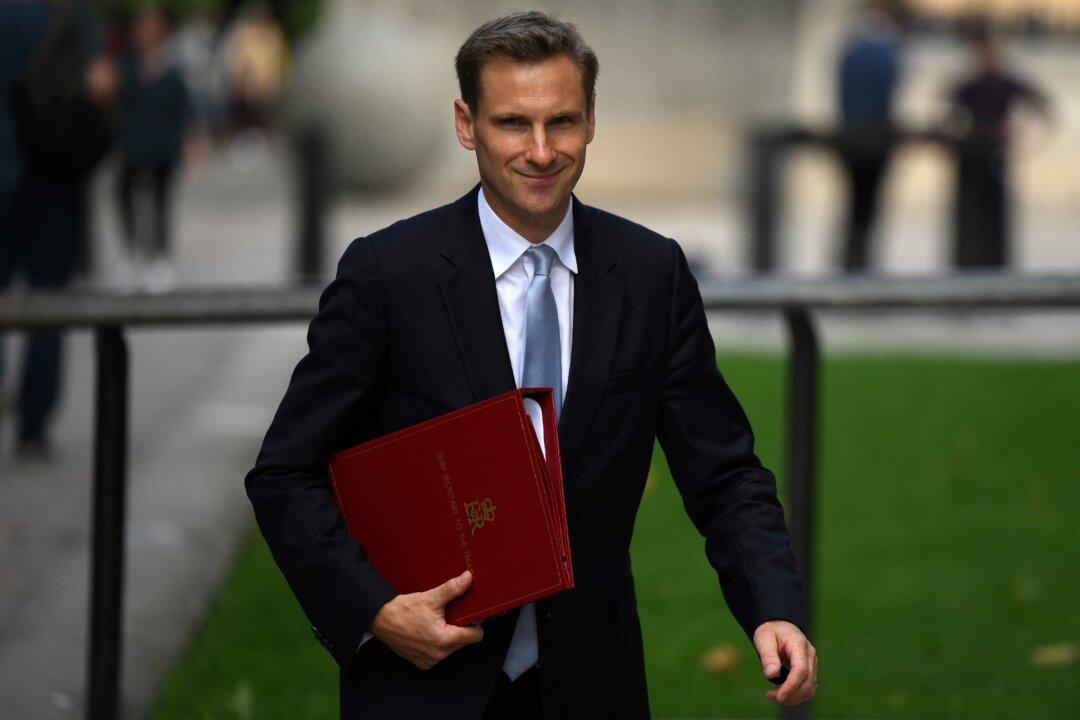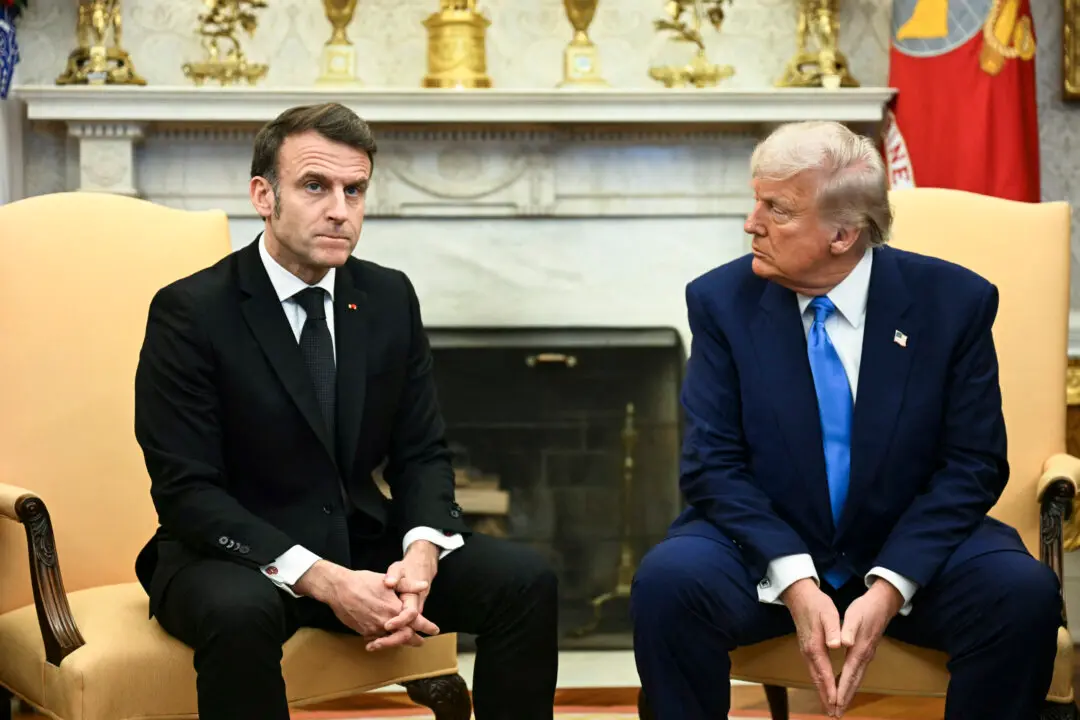Police will check shoplifters caught on CCTV against official databases, including passports, as part of a new zero-tolerance approach to retail crime.
Businesses across the country have been significantly affected by shoplifting, which has often resulted in violence or abuse towards retail workers.





